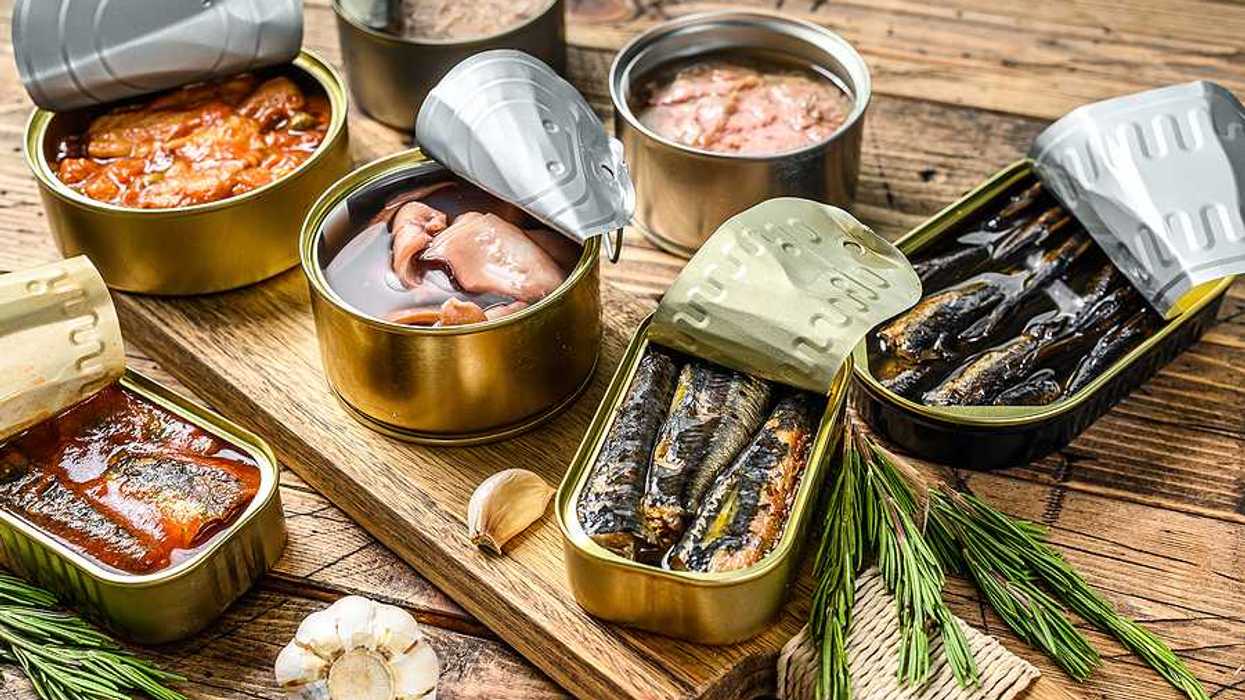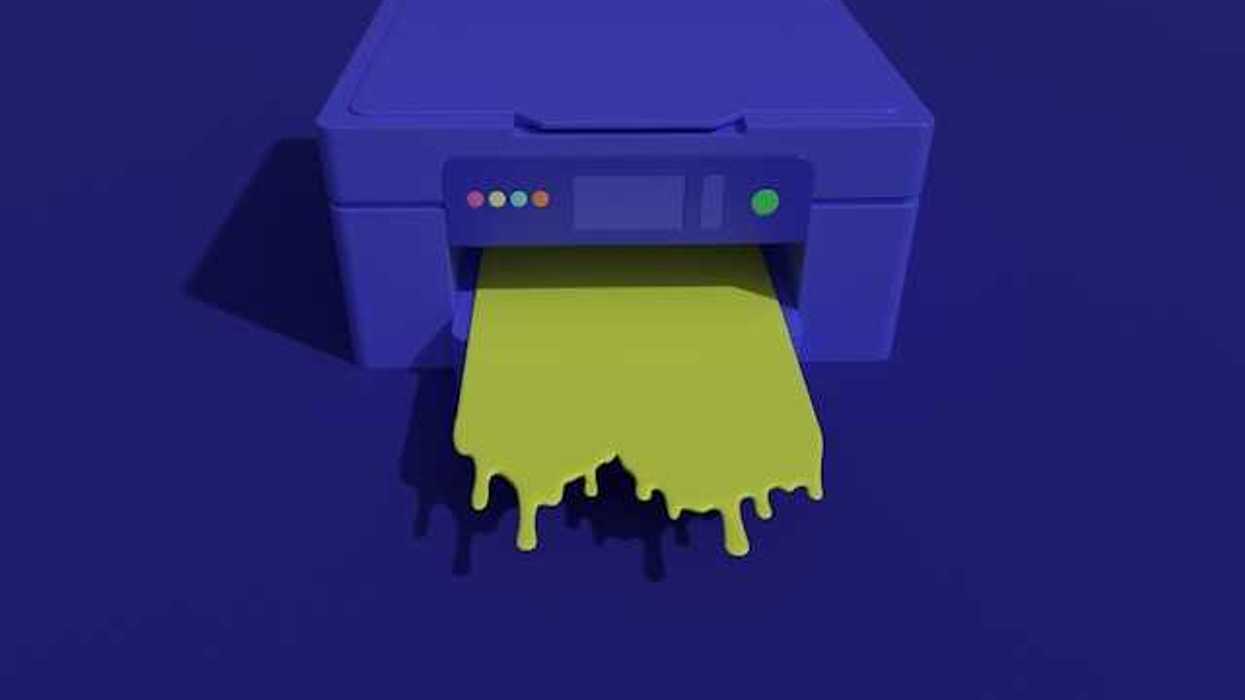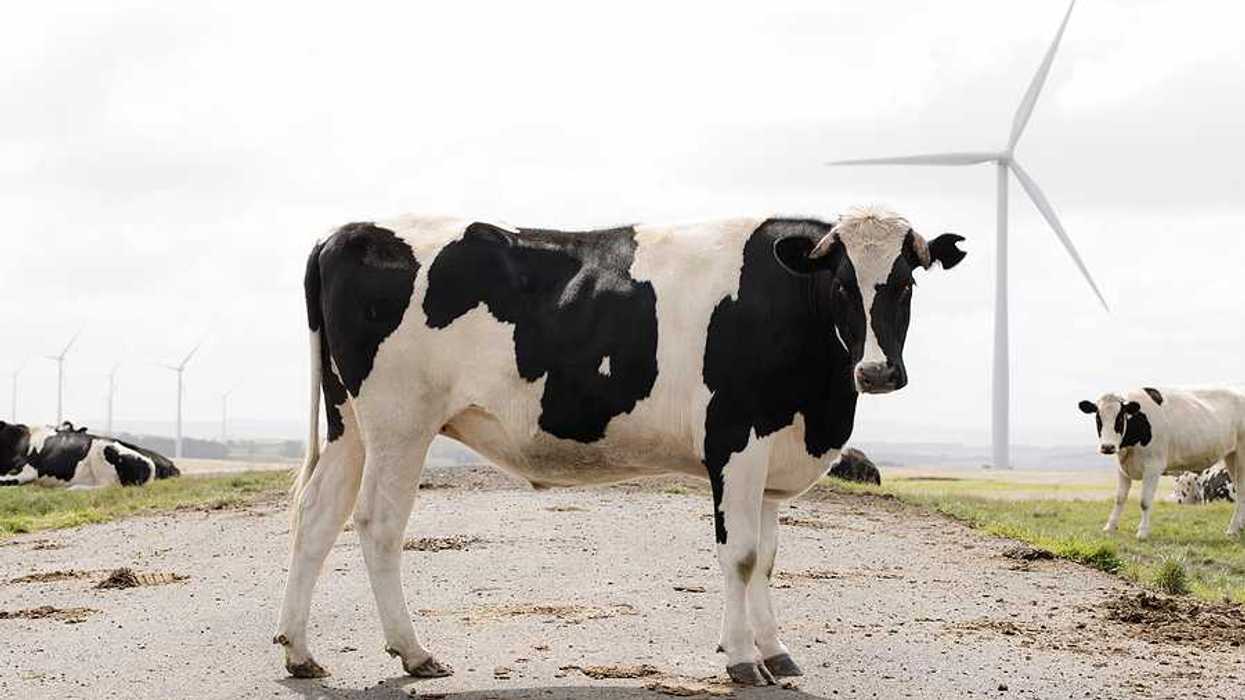Amidst election-year campaigning, the Biden administration introduces new tariffs targeting Chinese electric vehicles and other key products.
Josh Boak, Fatima Hussein, Paul Wiseman, and Didi Tang report for The Associated Press.
In short:
- The tariffs will impact electric vehicles, advanced batteries, solar cells, steel, aluminum, and medical equipment over the next three years.
- Officials claim the tariffs aim to curb the influence of subsidized Chinese goods in U.S. markets, though their impact on inflation is expected to be minimal.
- Despite administration claims of minimal escalation, China warns of potential retaliatory measures and critiques U.S. protectionism.
Key quote:
“China’s factory-led recovery and weak consumption growth, which are translating into excess capacity and an aggressive search for foreign markets, in tandem with the looming U.S. election season add up to a perfect recipe for escalating U.S. trade fractions with China."
- Eswar Prasad, professor of trade policy at Cornell University
Why this matters:
These tariffs represent a strategic attempt by the U.S. to strengthen its manufacturing sector and reduce dependency on Chinese imports. The move has drawn immediate reactions from various sectors. Economists are debating the potential for these tariffs to ignite a trade war, which could disrupt global supply chains and increase prices for American consumers. From an environmental standpoint, the tariffs on EVs seem counterintuitive to global efforts aimed at reducing carbon emissions.













